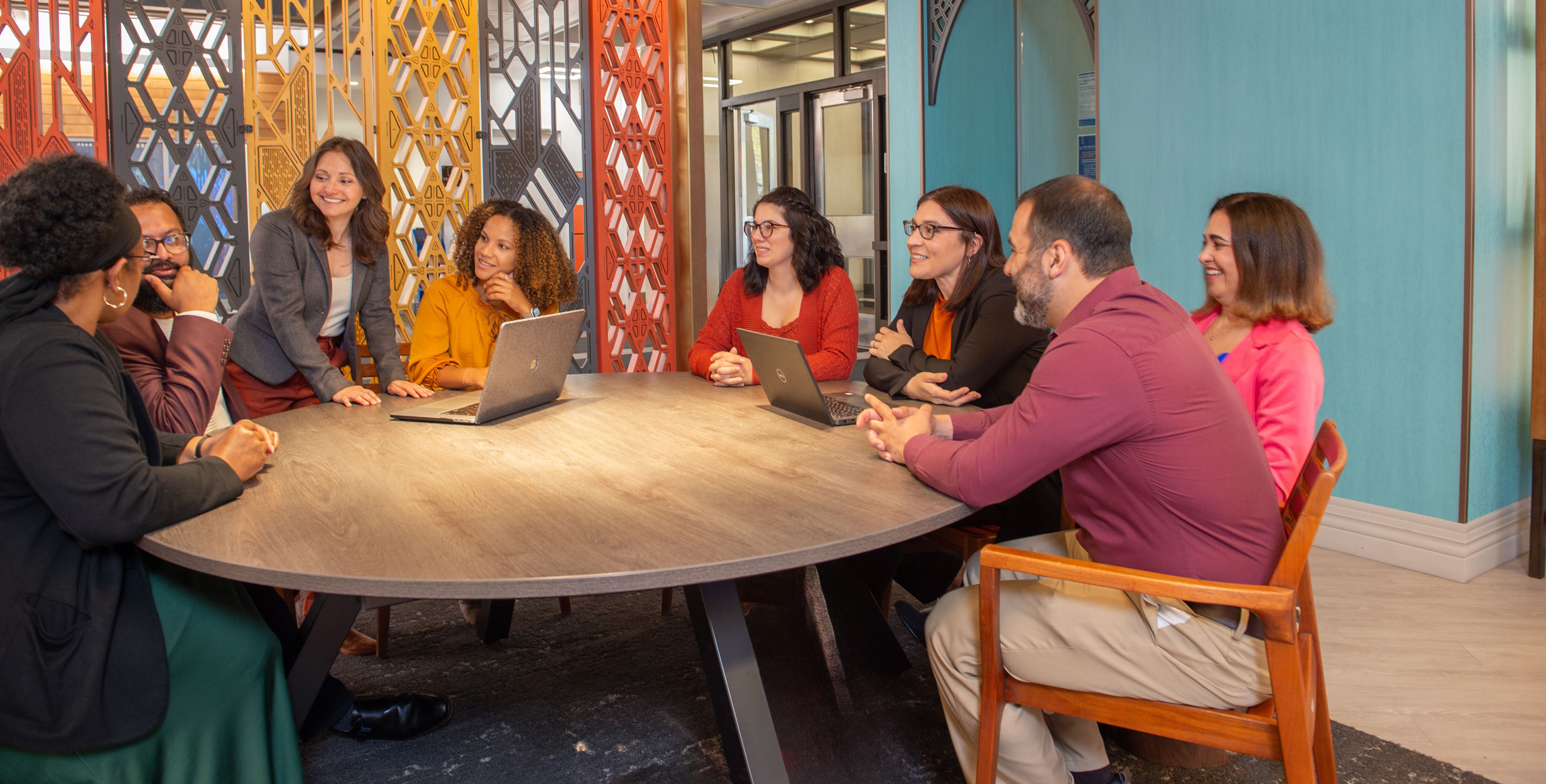
With CuPID, you can engage in DEI work at your own pace in your own space with material that invites you into what feels like a one-on-one conversation with other community members.
Begin exploring identity and positionality through first person narrative storytelling in our three modules.
We developed these courses to be asynchronous so there are no live sessions or lectures to fit into your busy schedule. Whenever you have time in your week to spend with the material, CuPID courses will be there to guide you.
To build CuPID Health Sciences we interviewed 33 students, staff, faculty and providers from the Health Sciences – Dentistry, Health and Rehabilitation Sciences, Medicine, Nursing, Pharmacy, and Public Health) to learn the ways in which DEI-related issues manifest specifically in healthcare and health education. Participants receive a certificate of completion and may be eligible for continuing education credit.
To build CuPID Greensburg, we interviewed 13 students, staff and faculty from the Pitt Greensburg campus to learn the specific DEI-related challenges and opportunities experienced in Greensburg and Westmoreland County. Participants receive a certificate of completion and may be eligible for Outside the Classroom (OCC) points.
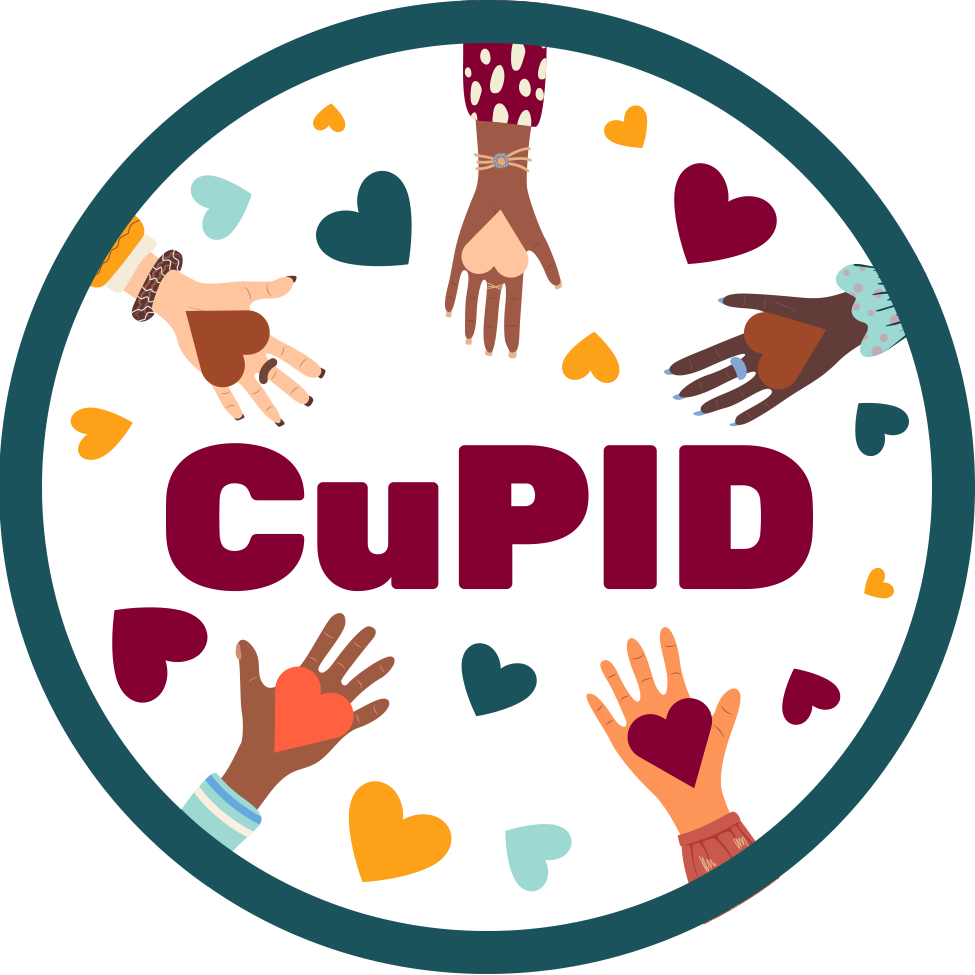
This module provides you with the foundation on which to build an understanding of the role of identity and privilege. Identity is complex and consists of multiple intersecting factors. For example, race, ethnicity, gender and/or socioeconomic status leads to differences in shared traditions, beliefs, and/or biases. Our identity and privilege not only impact the way society treats or views us, but also the way we interact with others and our surroundings.
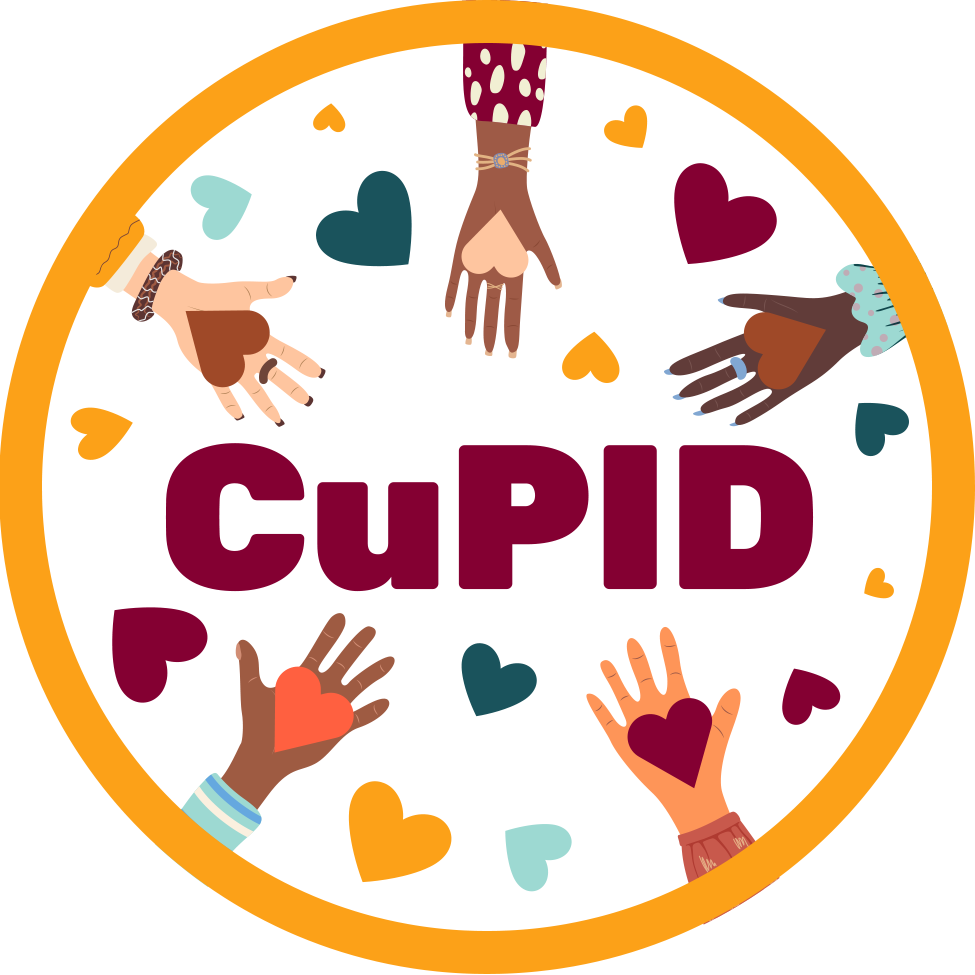
This module describes and defines ways our intersecting identities, bias, and privilege shape our interactions with other individuals. These interactions can be harmful, persistent, and deeply ingrained in our daily routines. Harm can and does occur, regardless of the intention of the action or the words.
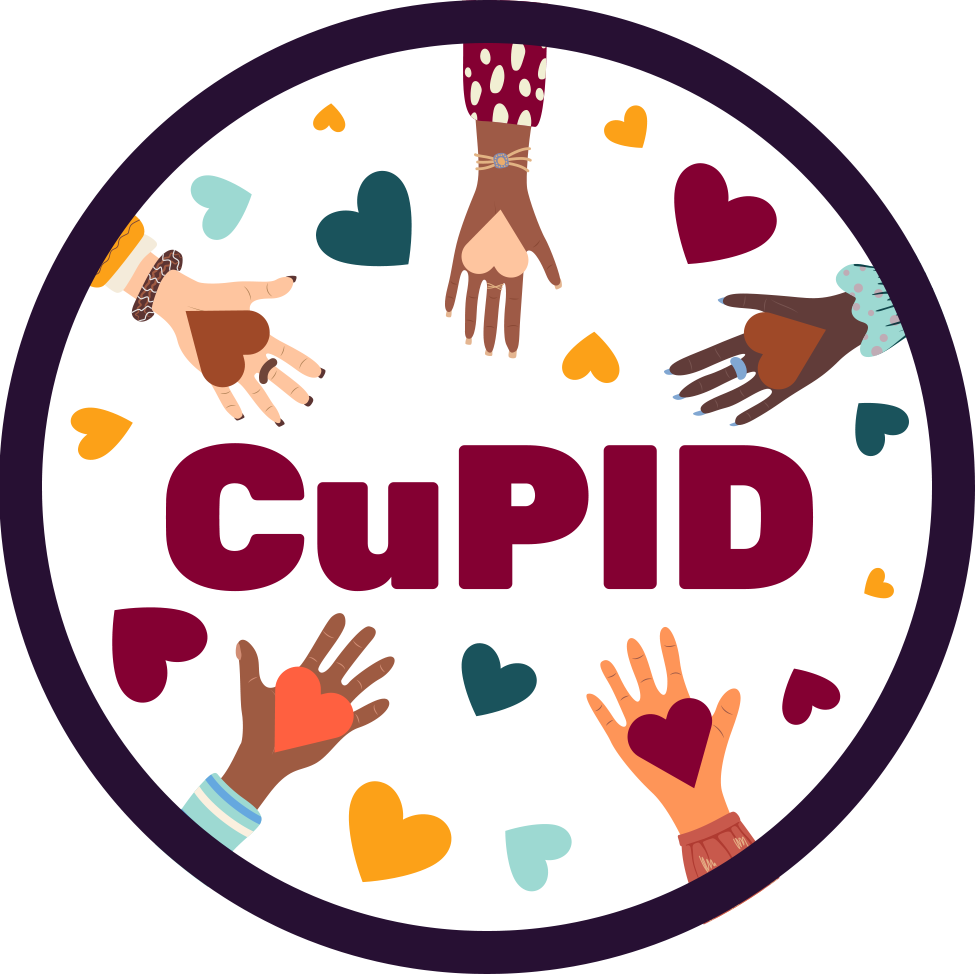
This module focuses on community. We first explore the value of communities, then we take a closer look at communities around us, and finally we consider strategies for building inclusive communities.
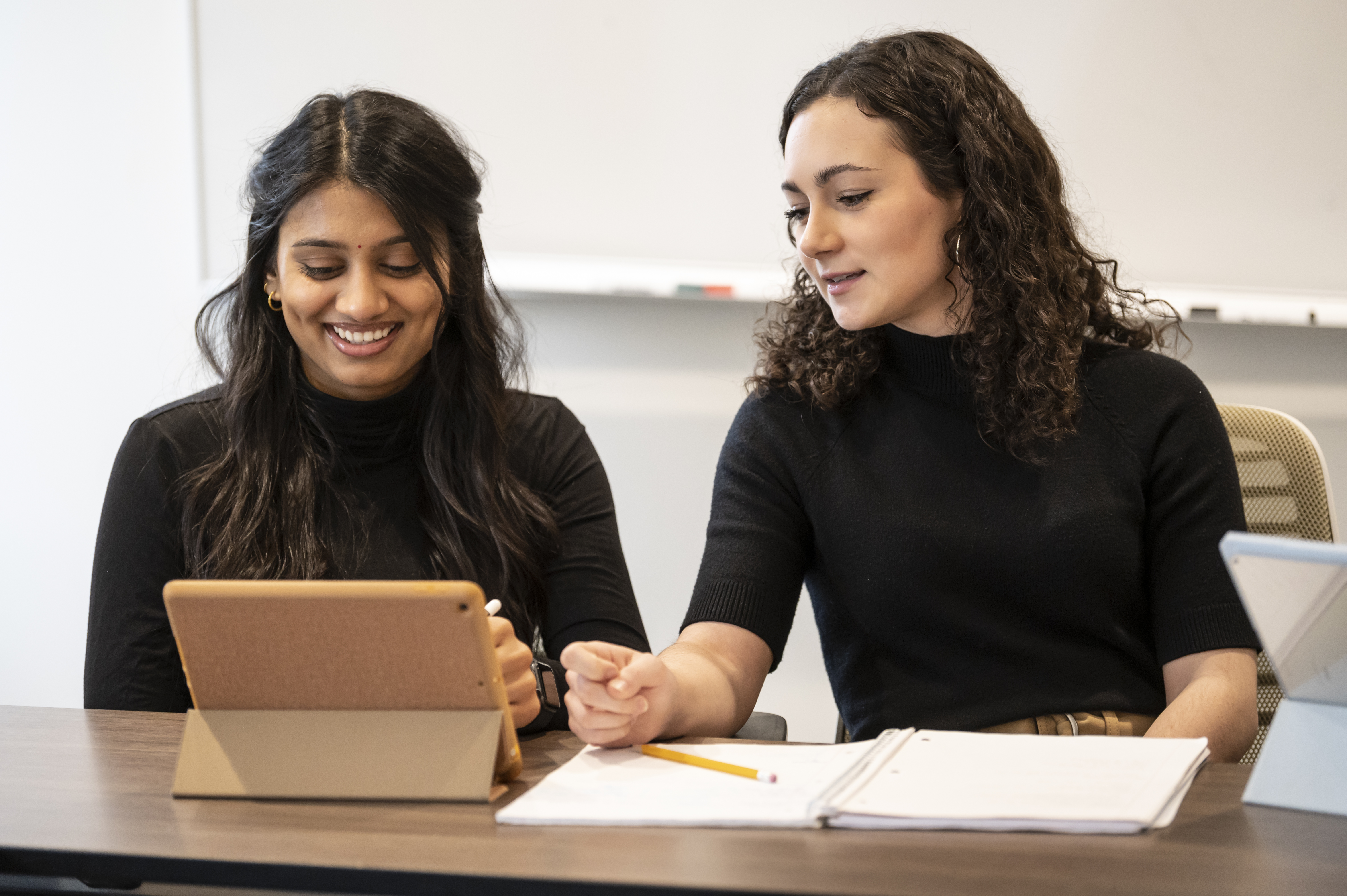
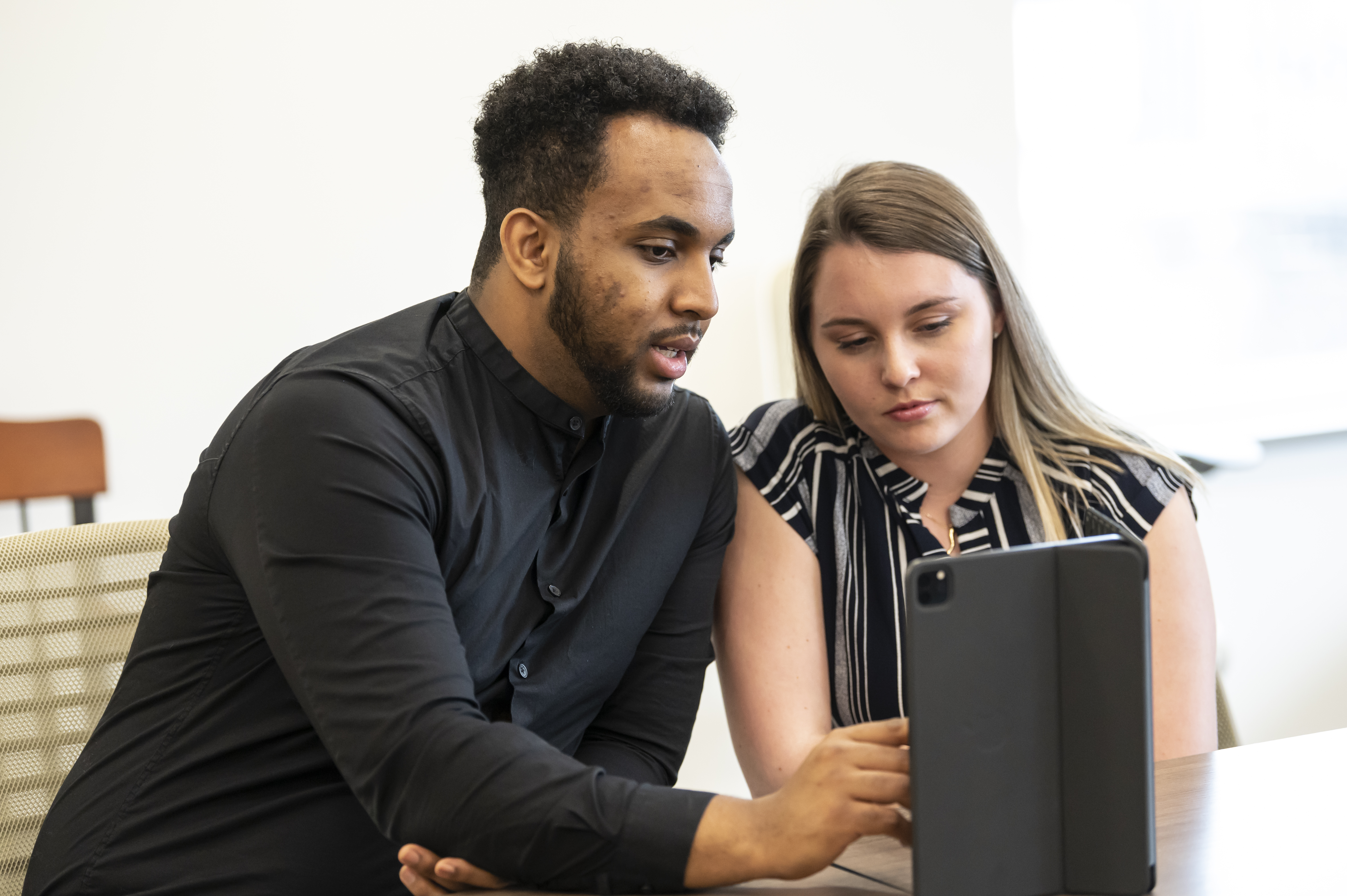

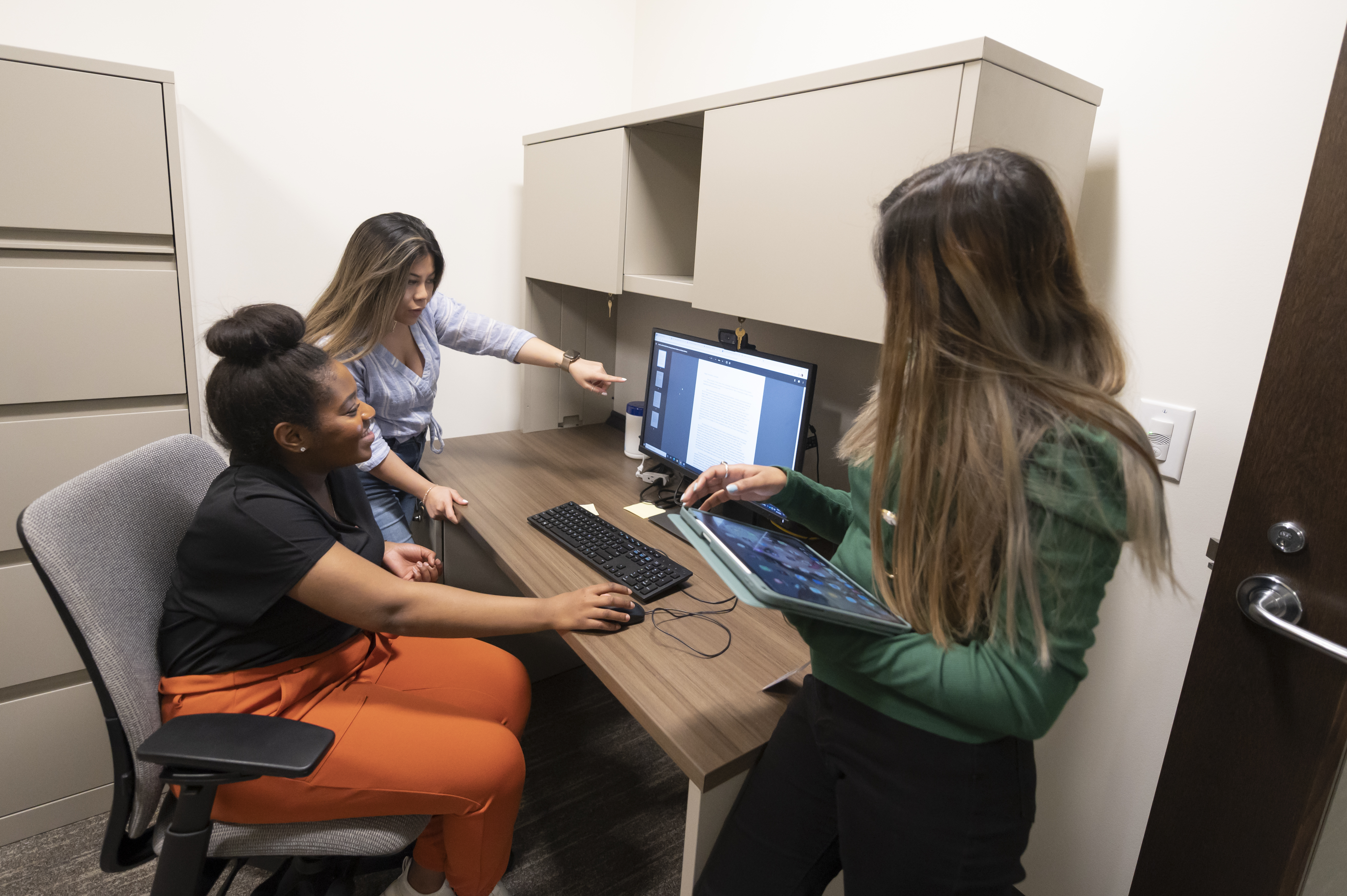


When we’re talking about difficult things, stories are our best way of communicating with each other when we might be disconnected. We’re interviewing people on Pitt’s campuses to tell stories about their experiences so we can better understand how to become an inclusive community.
CuPID courses are built from the interviews up. We start by interviewing folks from a particular field. We then identify themes from the interviews and we source learning materials that both align with those themes and are field specific.
Want to work on a CuPID course for your unit? Click here to submit a request form
Our Common Purpose: We create experiences that delight, inspire, and empower people to impact education, research, and the broader community.
Resilience and Engagement: We have created a dynamic program of research and practice that promotes adaptive mindsets—a mindset where students regard difficulties as challenges they can overcome rather than as fixed and discouraging statements of their worth—in law students and address their changing social and academic needs. As a collaboration between students, law faculty, and learning scientists, our goal is to create meaningful cultural change
